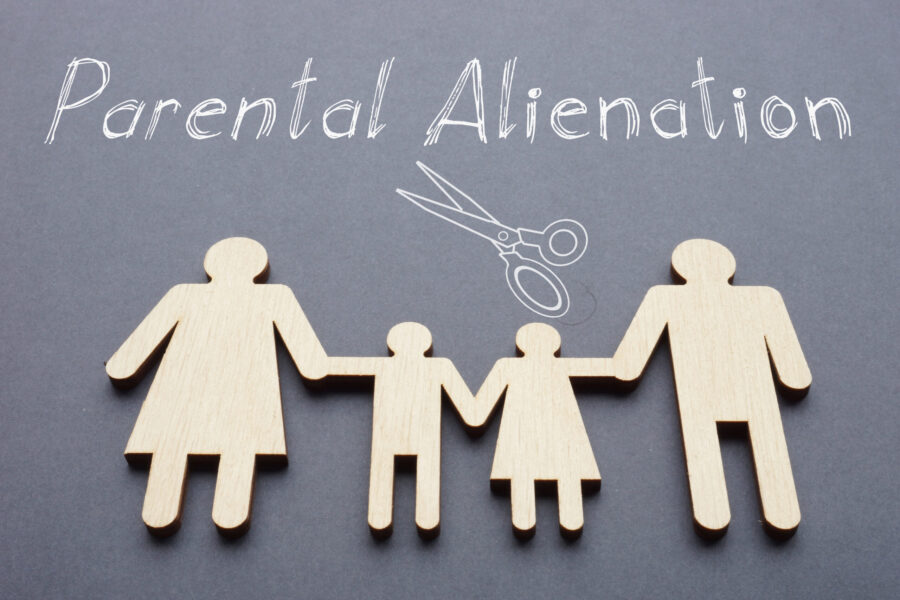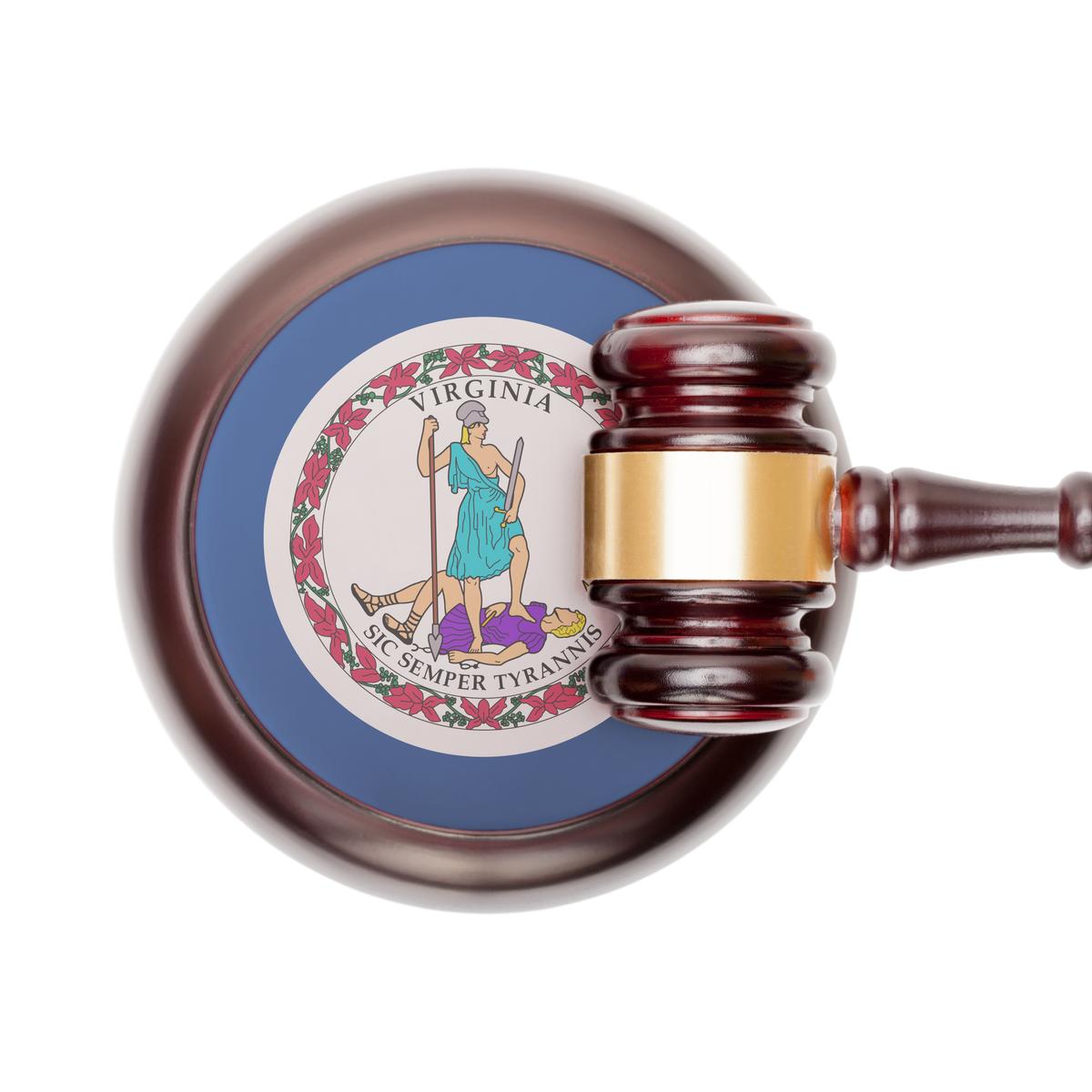The intersection of parental alienation and Child Protective Services (CPS) within the intricate web of…
What Does It Mean That Virginia Is an Equitable Distribution State?

Equitable distribution means the courts divide a divorcing couple’s assets equitably. That might mean a 50/50 split, but that’s not the usual case. An uneven distribution can occur when the court makes sure that both parties start their divorced life on an equitable footing. For example, one spouse might make a significantly higher income than the other, which might lead the court to grant the dependent spouse a larger portion of the marital assets.
Following is helpful information about the types of property in a divorce, the factors judges consider while dividing assets, and how to handle debts.
Difference Between Marital Property and Separate Property
Married couples have two primary types of property – marital and separate property.
Marital property is all property titled in a spouse’s name or acquired by either spouse during the marriage, such as:
- Bank accounts
- Real estate
- Retirement plans
- Motor vehicles
- Brokerage accounts
Separate property is all personal and real property either spouse acquired before the marriage, or that was acquired while the couple was married, but one party received by survivorship, bequest, gift, descent, or devise from someone other than their spouse. All property acquired during the marriage in exchange for or from the proceeds of selling separate property is also separate property.
For example, a car gifted to one spouse by a sibling or an inheritance left to one spouse by a parent is considered separate property despite the person receiving the asset while they were married.
Factors Applying to Equitable Distribution
You and your spouse can determine how to divide your assets and create a written agreement to file with the court for approval. However, a judge must decide if you can’t agree on property division.
The judge will identify and evaluate all marital property. They can consider these factors to decide how to split your property equitably:
- Each person’s age and mental and physical condition
- Tax consequences of dividing the property
- Each spouse’s monetary and nonmonetary contributions to the family’s well-being and the maintenance, care, and acquisition of marital property
- Each party’s liabilities and debts
- The duration of the marriage
- When and how the couple acquired the marital property
- The nonliquid or liquid character of all marital property
Nonmonetary contributions include childcare, homemaking, and other unpaid services provided to the marriage or family. Monetary contributions include:
- Income
- Marital property
- Appreciation in value of the property
- Using separate funds to benefit the marriage.
The judge might factor bad behavior into their decision. They can look at incidents of abuse, criminal activity, adultery, and other misconduct to determine how to divide the assets fairly. They can also increase one spouse’s share of the property if the other’s actions depreciate or reduce the marital property’s value.
Dividing Marital Debt in a Divorce
Dividing everything you and your spouse own includes dividing all marital debt. Marital debt is any liability either spouse acquires while married. It can also include debts benefiting the marriage.
For example, both parties share liability even if only one used a joint credit card to replace a damaged roof on the marital home. However, debt is one spouse’s responsibility if they acquired it before the marriage, after the separation date, or for purposes that didn’t benefit the marriage.
Understanding that the final divorce decree doesn’t change the agreement you and your spouse have with lenders is essential. If you have a mortgage in both of your names, and the judge orders your spouse to pay, the lender can still come after you if your ex defaults on payments.
You should separate your debts according to the divorce decree to avoid this situation. Refinancing a loan in the liable party’s name prevents the lender from bringing a collection action against the other party.
Protect Your Rights During a Divorce
You should not pursue a divorce without an experienced divorce attorney from Pincus Goodman, P.C. We can safeguard your assets and fight for the property you deserve.
Call us at (757) 301-9634 or contact us online for a confidential consultation in Virginia Beach to learn more about how we can help.





